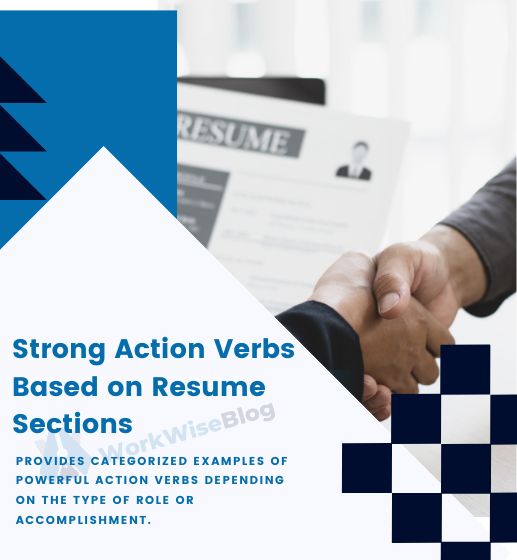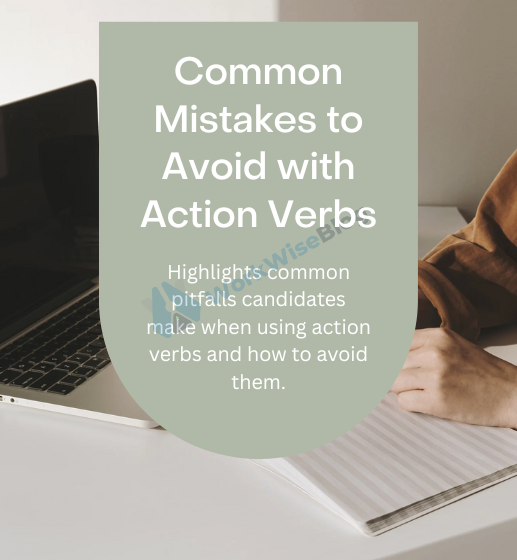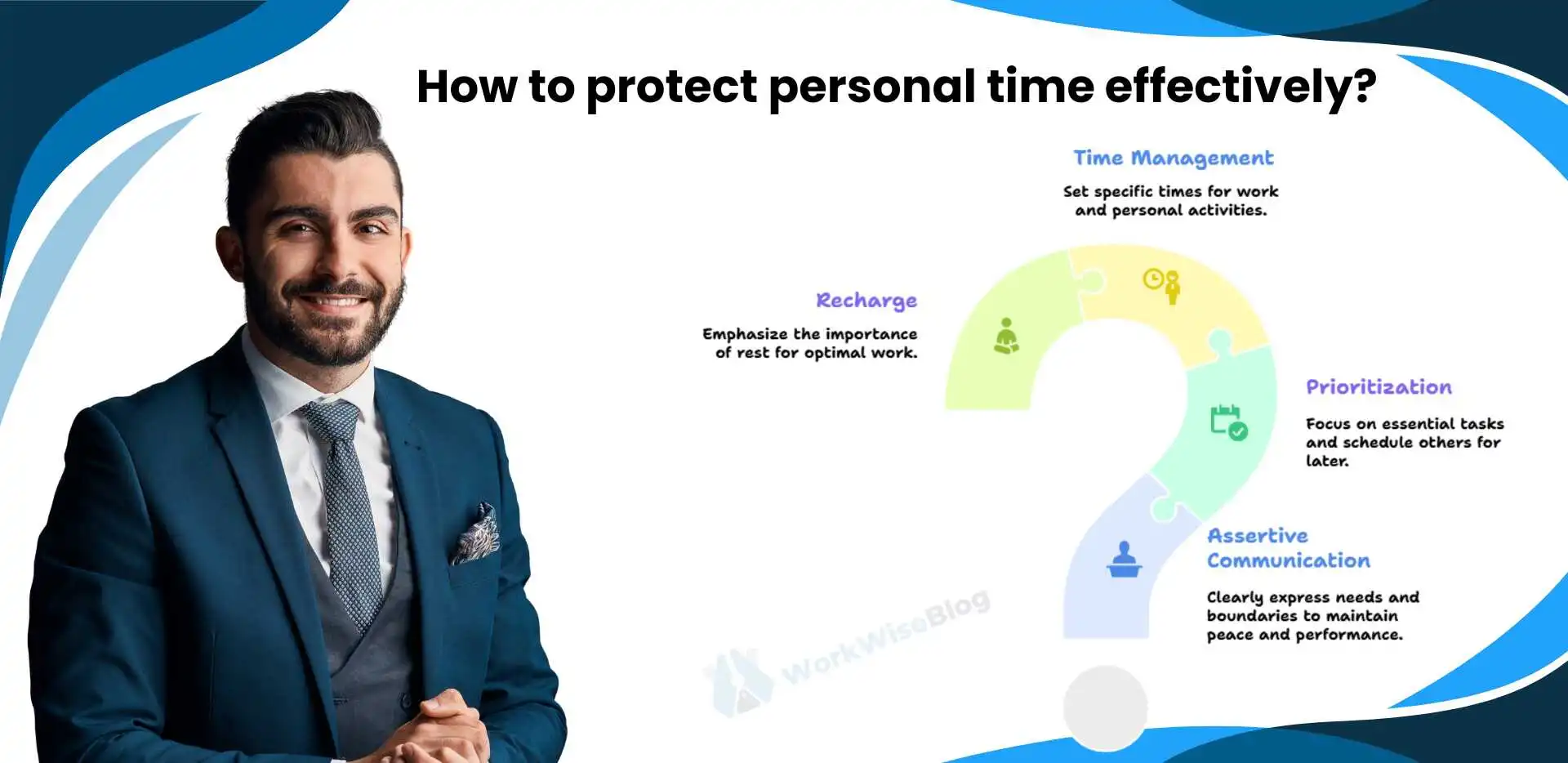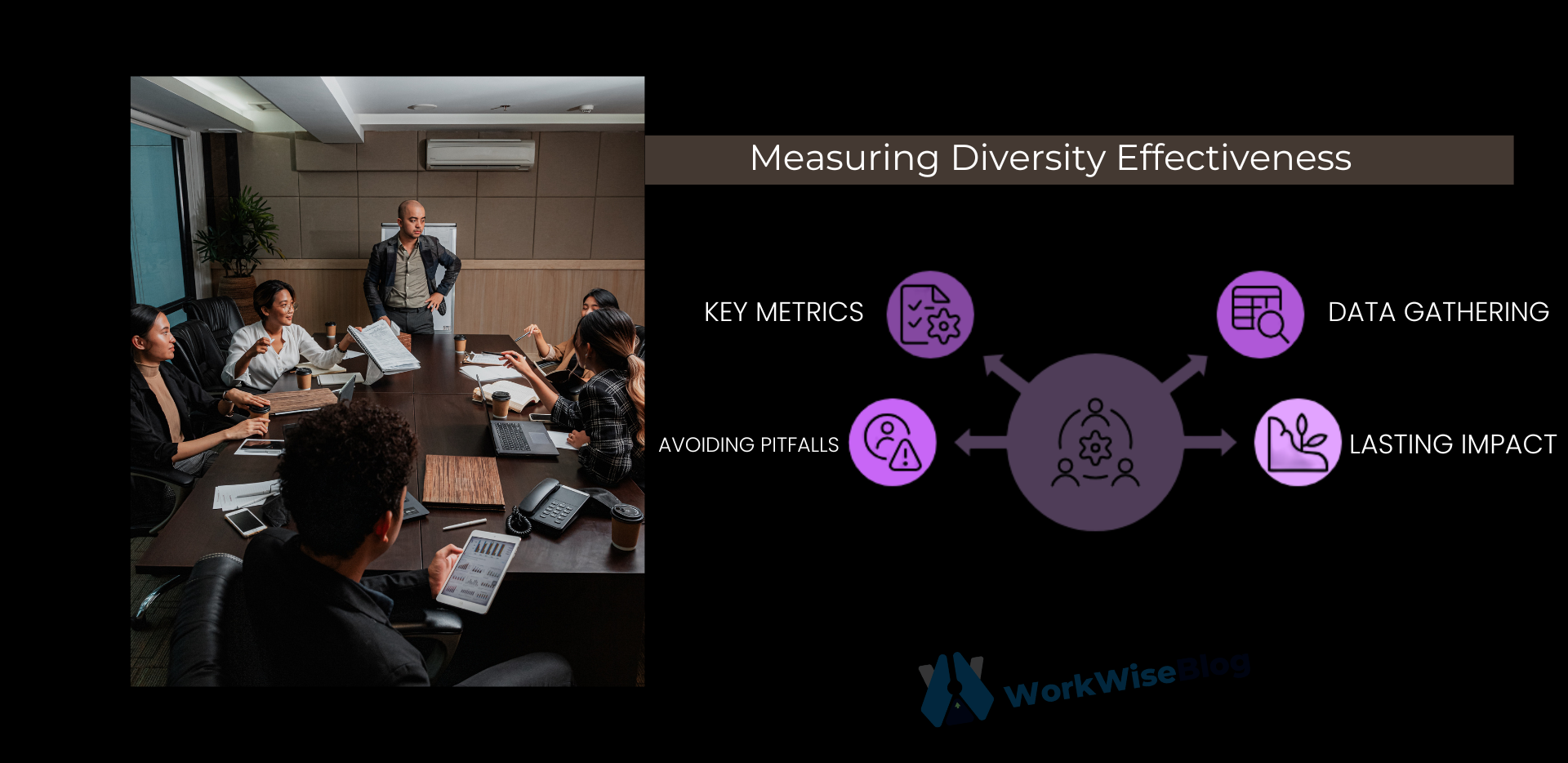In this blog, we’ll walk you through:
- What action verbs are (and why they matter)
- How to choose the right verbs for your resume
- Examples of strong action verbs for different situations
- Common mistakes to avoid
- A ready-to-use action verb list to level up your resume
Let’s make your resume more dynamic and memorable—one word at a time.

1. What Are Action Verbs and Why Do They Matter?
Action verbs are strong, specific words that describe what you accomplished or contributed in a role. They start your bullet points with energy and purpose.
Instead of saying:
- “Responsible for managing a team”
You say:
- “Led a team of 10 to exceed quarterly goals by 15%”
Notice the difference?
One feels passive and vague. The other feels active, confident, and results-driven.

In short:
action verbs make your achievements pop. They grab the hiring manager’s attention and make your experience feel real, tangible, and impressive.
2. How to Choose the Right Action Verbs for Your Resume
Not all action verbs are created equal. The best ones match the type of work you did and highlight skills that matter to the role you’re applying for.
Here’s how to pick the right ones:
- Align with the job description: Use verbs that reflect the key responsibilities in the listing.
- Focus on achievements: Choose verbs that emphasize outcomes, not just duties.
- Show leadership, problem-solving, and creativity: These qualities are valued in almost every field.
- Avoid overused or generic words: Skip basic words like “worked,” “helped,” or “made”—they’re too vague.
Tip:
Read the job description carefully and mirror the tone and skills it emphasizes when picking your verbs.

3. Strong Action Verbs Based on Resume Sections
Using the right action verbs varies depending on what you’re trying to highlight. Here’s a breakdown:
Leadership and Management
- Led
- Directed
- Oversaw
- Supervised
- Mentored
- Coordinated

Creativity and Innovation
- Designed
- Developed
- Created
- Engineered
- Conceptualized
- Launched
Achievement and Results
- Increased
- Boosted
- Improved
- Generated
- Surpassed
- Delivered
Teamwork and Collaboration
- Collaborated
- Partnered
- Facilitated
- Supported
- Unified
- Integrated
Problem-Solving and Analysis
- Analyzed
- Resolved
- Diagnosed
- Identified
- Streamlined
- Troubleshooted
Communication
- Presented
- Negotiated
- Authored
- Advocated
- Publicized
- Reported
Bonus Tip:
Start every bullet point with an action verb—it immediately sets a strong, professional tone.
4. Common Mistakes to Avoid with Action Verbs
Using action verbs sounds easy—but a few small mistakes can make a big difference. Watch out for:
Using the Same Verbs Over and Over
Starting every bullet with “managed” or “led” gets repetitive. Mix it up to keep your resume engaging.
Choosing Verbs That Are Too Vague
Words like “worked on,” “helped with,” or “was responsible for” don’t show impact. Be specific and strong.
Overcomplicating with Fancy Words
Stick to clear, recognizable verbs. Avoid overly complex or old-fashioned language that feels unnatural.
Using Action Verbs Without Showing Results
Pair the verb with a tangible outcome whenever possible. Instead of just saying what you did, show how it made a difference.
5. Action Verbs List You Can Start Using Today
Here’s a quick cheat sheet of action verbs you can pull from as you update your resume:
- Leadership: Led, Directed, Managed, Supervised, Coordinated, Facilitated
- Achievements: Increased, Delivered, Boosted, Surpassed, Generated, Optimized
- Creativity: Created, Designed, Developed, Conceptualized, Initiated, Engineered
- Problem-Solving: Resolved, Diagnosed, Streamlined, Improved, Simplified, Enhanced
- Teamwork: Collaborated, Partnered, Unified, Supported, Contributed, Fostered
- Communication: Presented, Advocated, Articulated, Promoted, Negotiated, Authored
Pick verbs that feel natural to your experience and match the type of roles you’re applying for.
Final Thoughts: Action Verbs Turn Your Resume from Flat to Fabulous
In today’s job market, your resume needs to stand out quickly. Using strong action verbs is one of the simplest ways to add clarity, energy, and confidence to your story.
They turn job descriptions from dull duty lists into powerful achievement highlights. They help employers picture you making a real impact—before you even walk into the interview.
Further Reading:
- Work Wise :Crafting a Resume for Remote Work Opportunities: Key Strategies
- Harvard Business Review: How to Write a Résumé That Stands Out
- Forbes: Action Words To Use On Your Résumé, To Land Your Dream Job













